Reviews
Brazil’s Challenges in the Education System
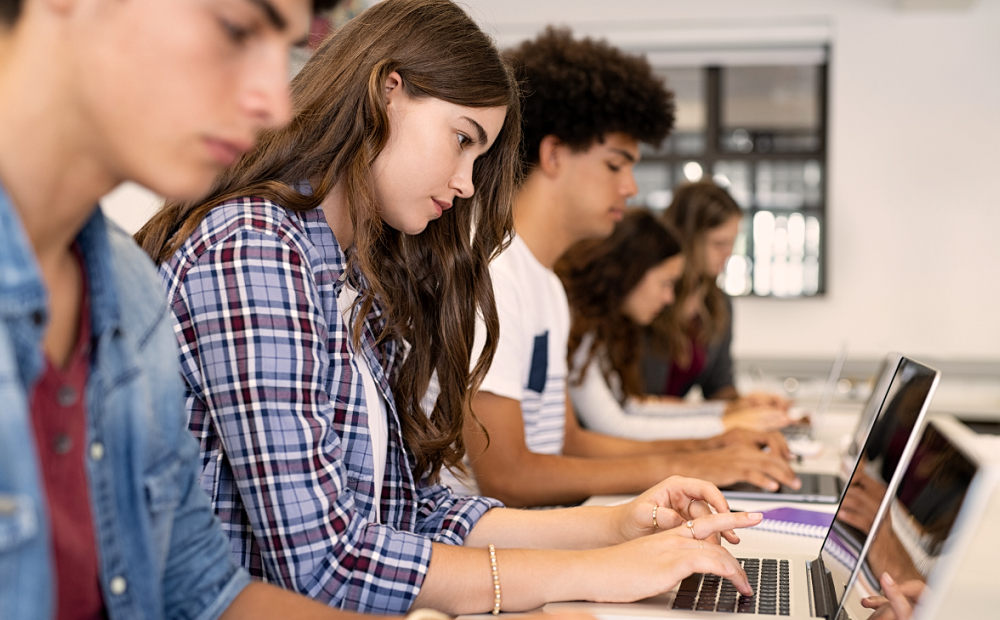
When talking about education there are a few countries that are the set example, like Japan, New Zealand, and so on, but there are also a few countries that are examples of what not to do in the education system, one of these countries is Brazil. However, that perception is completely wrong, and the country has evolved and seeks to improve its system regularly. The appearance of a challenged education system comes from other factors that come to the detriment of the education of millions of young people in the country.
The notion of a struggling education system in Brazil stems from deep-rooted issues like socioeconomic inequality, high dropout rates, limited resources, and the need for better special education services. These challenges are not merely a reflection of the system’s inefficiencies but are also indicative of broader societal problems.
Brazilian educator Andrea Miranda highlights one of these key challenges:
“Muitos estudantes não conseguem ter o suporte para a conclusão de seus estudos, com desafios como ter um relatório de estágio pronto, o que torna a avaliação dos aspectos supervisionados e demais desafios como o final mais difíceis.” (“Many students are unable to get the support they need to complete their studies, facing challenges such as having the internship report ready, which complicates the evaluation of the supervised aspects that exist, along with other final challenges.”)
Through this article, we seek to explain the main points that challenge the Brazilian education system, like inequality, dropout rates, resources, special education needs, and others.
Inequality in Brazil
Brazil is the fifth-largest country in the world, with over 215 million inhabitants. Although when we look at these data, it is important to notice that the country is not overcrowded, its population is focused on certain regions, like the south and southwest regions, which are the richest states in the country, so it is easy to correlate that these states have the best education in place.
With its resources focused so much on only one place, it is obvious that there is inequality for all the other states in Brazil. This is even more obvious in states that are in the north sphere of the country, which are not producers of any of Brazil’s more sourced commodities like meat and plant-based foods like soy and coffee.
This inequality in the income of the states is likely related to the education system that is in place, with obvious incentives to the evolution in states that are richer and therefore there are more jobs for the future of the young population. But other challenges come from this inequality.
Student Performance
With so little incentive from its local and federal government, student performance is not the most valued fact of these states, and the young people don’t see any value in following the education path and value an early work and development of a career.
When discussing dropout rates, the bigger factor in these are the regions of the country, like the Northeast where only 45% of the students have completed the basic education system. There are a few reasons that the students have given for quitting their education, we listed them below:
- Most of them, 41.7% in their 14–29 years, needed to work.
- Lack of interest in studies is 23.5%.
- Relationship problems with colleagues and teachers
- Negative school climate.
- Lack of adequate infrastructure.
With all these factors, it is important to note that there is a bigger impact when we are looking at the economics of Brazil, which are the originator of all the other problems, especially about the students that quit studying to work and earn their money.
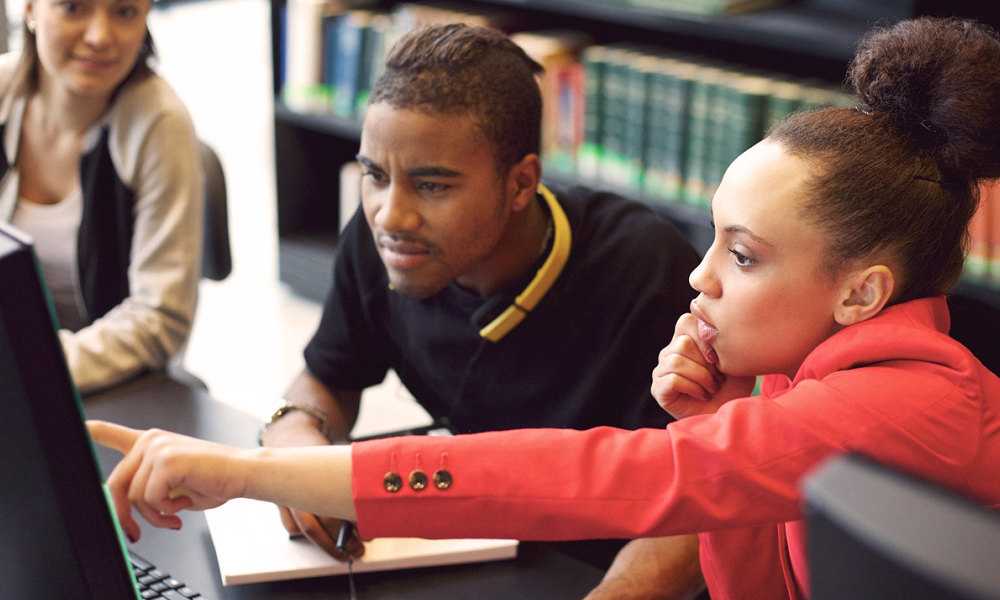
Infrastructure and Resources
One of the problems that arise from the lack of economic opportunities in Brazil is its lack of resources and infrastructure problems. These problems are evident in less developed parts of Brazil, such as the North and mid-center areas. Where a lot of students are unable to access schools because of fallen bridges or unpaved streets, or even because there is no boat to transport them, as has happened on numerous occasions.
Other factors are present in the school itself. Like schools that don’t have any sewage system, trash collection, and kitchens that don’t follow the basics of the Brazilian sanity agency.
Other factors like lack of technological problems also affect most of the schools. For example, Brazil has adopted many online systems for teachers to use, with many of them coming in the form of platforms, but many schools don’t have computers, while others may have only one functioning. Access to modern resources, such as Microsoft PL-300 Practice Tests Dumps, can play a vital role in bridging educational gaps and equipping students with the skills they need for technological and professional growth.
Special Needs Education
Other students that suffer especially from the lack of resources are the ones that have special needs and have more necessities such as a special bathroom or access ramps, in case of physical abilities, or even more support in case of mental disabilities.
These students are the ones that usually don’t even begin to attend schools, and this is more prominent in the areas that don’t have easy access to resources such as the less developed states and cities.
When we are talking about the challenges, we are talking about people who don’t even believe that they can focus on one job or even become more focused on its problems and their other elements, such as education.
Community Involvement in Education
There is a heavy importance of the Brazilian importance of education and the effectiveness of the education system. Parents and community involvement generally don’t always align with the challenges in their lives. When we are talking about these challenges, we are talking about low incoming regions where many of the parents are juggling two jobs to maintain their houses, facing many other challenges such as pressure to comply with the norm of the environment in which they are involved, so the ANBT norms, don’t always matter so much. .
Most of the time, schools are not focused solely on the establishment of a relationship with the community, because of other challenges, such as maintaining their functioning most of the time. This often results in fewer parent-teacher interactions than what is necessary to maintain a good environment for the students and guarantee that their necessities are being met.
When we summarize the principal points in Brazilian education it is obvious that many other problems follow such as systemic reform, investment, and engagement in the community. There are many disparities in the educational system, such as in rural and urban areas which are vastly different, and even other economic groups, which need resource allocation from the government for the improvement of their infrastructure. The teacher training programs are crucial to raise different outcomes and prepare the future of education in the country.
There are dozens of efforts that are needed in the dropout rates of the schools. There are plenty of priorities that focus on the involvement of a supportive and engaging learning community. Integrating the technology more effectively and addressing all the needs of the students is essential to creating a more inclusive educational system.
When we face these consequences for the policy efforts, the funding and collaboration community. The education of Brazil is always moving towards the education system that provides opportunities to the students.
The approach to this problem improves the academic performance of various students and provides a better future for the outcome of the country. When the country ensures that there is better social development for all the country and the improvement of the nation as a whole, this means that everyone can enjoy a better country in the future.

-
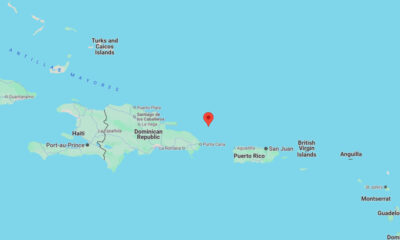
 US News1 week ago
US News1 week agoMagnitude 5.7 earthquake strikes between Dominican Republic and Puerto Rico
-
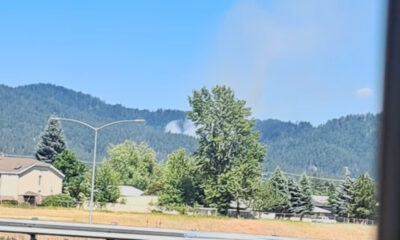
 Legal2 days ago
Legal2 days agoFirefighters ambushed while responding to Idaho wildfire, at least 2 killed
-
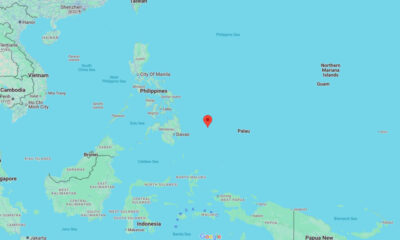
 World1 week ago
World1 week agoMagnitude 6.3 earthquake strikes offshore the Philippines
-

 US News5 days ago
US News5 days agoSmall meteorite fragment may have struck Georgia home
-

 Legal5 days ago
Legal5 days agoArmed woman blocks traffic on freeway in Houston, Texas
-

 Legal4 days ago
Legal4 days agoWashington Post journalist Thomas LeGro arrested for child porn possession
-

 Legal1 week ago
Legal1 week agoNo threat found after vehicle investigated near White House
-

 US News1 week ago
US News1 week agoIran warned of sleeper-cell terror in U.S. before nuclear strikes – NBC News




